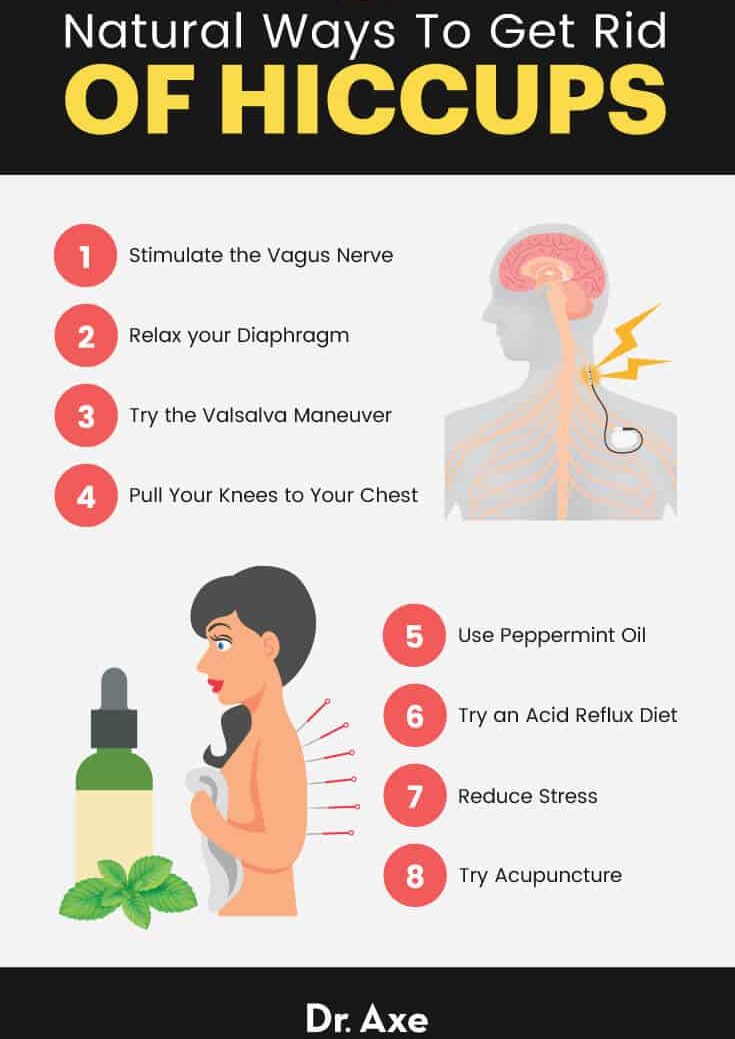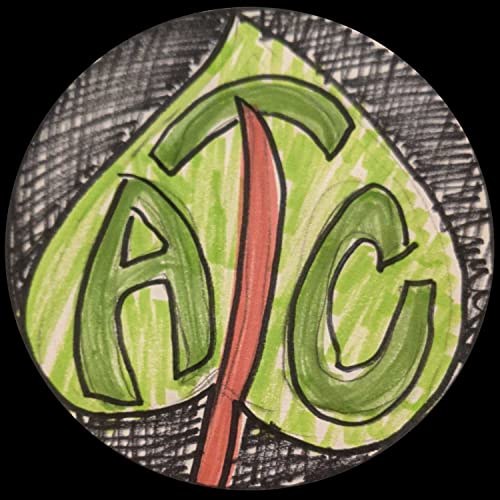Hiccups, while usually harmless, can be a nuisance and sometimes even embarrassing. These involuntary contractions of the diaphragm can be triggered by various factors, from eating too quickly to sudden excitement. In this guide, we’ll explore practical and effective methods to help you get rid of hiccups quickly.
I. Introduction
A. Understanding hiccups
Recognizing the common causes and triggers of hiccups is the first step in addressing and eliminating them.
B. Importance of relaxation
Many hiccup remedies focus on relaxing the diaphragm and interrupting the hiccup reflex.
II. Holding Your Breath Technique
A. Inhale deeply
Take a deep breath through your nose, filling your lungs as much as possible.
B. Hold your breath
Hold your breath for as long as you comfortably can, focusing on keeping your chest and diaphragm still.
C. Exhale slowly
Exhale slowly through your mouth, releasing the breath in a controlled manner.
D. Repeat as needed
Repeat this process a few times until your terribleanalogies.com/ subside. This technique helps reset the diaphragm.
III. Sipping Cold Water
A. Take small sips
Sip on a glass of cold water, taking small and controlled sips.
B. Pause between sips
Allow a few seconds between sips, maintaining a steady and controlled pace.
C. Adjust water temperature
Experiment with water temperature; some people find success with very cold water, while others prefer it at room temperature.
IV. Swallowing a Teaspoon of Sugar
A. Take a teaspoon of sugar
Place a teaspoon of sugar on the back of your tongue.
B. Allow it to dissolve
Let the sugar dissolve slowly, coating the back of your throat.
C. Swallow without chewing
Swallow the sugar without chewing, which may stimulate the vagus nerve and help stop hiccups.
V. Hug Your Knees Technique
A. Sit comfortably
Sit in a comfortable position, preferably on the floor.
B. Hug your knees to your chest
Bring your knees up to your chest and hug them with your arms.
C. Hold for a minute
Hold this position for about a minute, taking slow and deep breaths. This can help relax the diaphragm.
VI. Breathe Into a Paper Bag
A. Use a small paper bag
Place a small paper bag over your mouth and nose.
B. Breathe slowly
Inhale and exhale slowly into the bag, rebreathing a bit of carbon dioxide, which may help stop hiccups.
C. Be cautious
Use this method cautiously and for a short duration to avoid overexposure to carbon dioxide.
VII. Gargle with Cold Water
A. Gargle with cold water
Take a sip of cold water and gargle for a few seconds.
B. Spit out the water
Spit out the water without swallowing, allowing the cold sensation to reach the back of your throat.
C. Repeat if necessary
Repeat the process a few times if your hiccups persist.
VIII. Pressure Point Stimulation
A. Locate the pressure point
Find the soft spot between your collarbone and throat.
B. Apply gentle pressure
Apply gentle pressure to this point with your fingertips for a minute or until hiccups cease.
C. Experiment with pressure
Experiment with the amount of pressure until you find a level that feels effective.
IX. Distract Yourself
A. Engage in a mental task
Distract your mind by engaging in a mental task, such as counting backward from 100 or reciting the alphabet backward.
B. Focus on the activity
Concentrate on the mental task, diverting your attention away from the hiccup reflex.
X. Conclusion
Hiccups are a common occurrence, but these simple and effective methods can help you get rid of them quickly. Remember, everyone is different, so it may take some trial and error to find the technique that works best for you. If hiccups persist for an extended period or are causing discomfort, it’s advisable to seek medical attention.



